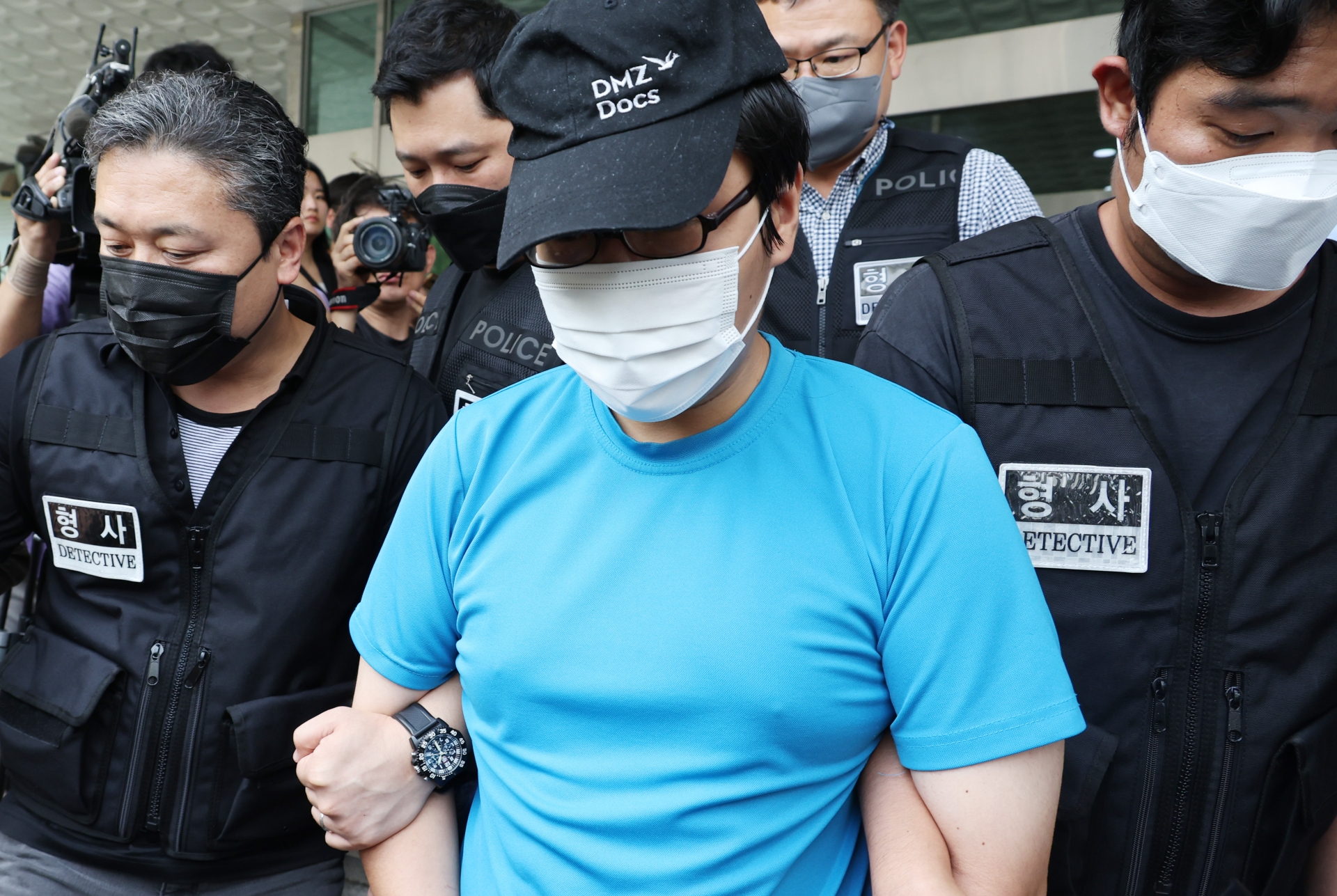Carlos Vives’ musical career was another, much more successful, after having played Vallenato composer Rafael Escalona, in the television series about the life of the legendary author, in 1991.
So much so that now it sounds incredible to think that it could not have been Vives who played the role of the author of La casa en el aire and El testamento. We cannot imagine someone else acting in the famous series that was directed by Sergio Cabrera for Caracol TV.
After Escalona, Vives left his attempt to be a ballad and rock singer to become the standard bearer for the modernization of vallenato, a defender of local music and one of the most successful artists the country has had in recent decades. .
(Also: Carlos Vives talks about the challenge and the fear of acting again).
But before the production, his representative and manager at that time, Elisa, did not think that this was the way. This is how the filmmaker Sergio Cabrera – today Colombian ambassador to China – recalled it in an interview in the W, with Julio Sánchez Cristo.
“I met with Carlos to finalize the details -said Cabrera- and he told me that he had bad news. That his representative at that time, Elisa, had said that it was not convenient for her to play that character ”.
Vives, who had also made a career as an actor, had released his third album of ballads, Al centro de la ciudad (1989). He was always thought of for the leading role and he himself had initially accepted.
‘Stagger’. It tells the life and work of the Vallenato singer-songwriter Rafael Escalona. It was released in 1991 and its protagonist was the singer Carlos Vives.
With that in mind, the preparations had moved forward. Mompox had been chosen as the location to recreate Valledupar in the 1940s. The writers Bernardo Romero Pereiro and Daniel Samper Pizano had met Rafael Escalona in Valledupar for eight mornings and had made him recount his story. “Bernardo and Daniel made magic with these memories of Escalona,” said Cabrera.
It was then, when Carlos Vives announced that he had to reverse the decision to participate. His manager thought that playing Escalona did not fit into his career.
Before looking for another actor, Cabrera looked for Elisa, traveled to Miami to negotiate. There she had a list of demands: The series couldn’t leave Colombia, she couldn’t record an album with the soundtrack either, and she demanded to put it in writing.
The recording lasted eight months and the series was a complete success. So much so that Vives’ manager later wanted to back down on her own demands.
(An interview with Rafael Escalona: ‘To make music you don’t need to play’).
But he was right about something: the image of the romantic singer was left behind. That of the renovator of Colombian folklore emerged. He was the inspiration for local rock movements, like the one we know in Colombia as “el tropipop” and led artists to revalue their roots and be proud of them.
And, of course, the Escalona album was made, precursor to Los Clásicos de la Provincia, which forged the successful path of Vives from then on. And the production could be seen outside of Colombia. Now it is among the offer of productions from the Netflix air catalog.
As an additional curious fact, Cabrera related that years later, in a special made with the teacher Escalona, the same teacher had mixed in his stories the memories of truth and those of fiction represented in the series.
CULTURE EDITORIAL
@CulturaET
2023-08-19 14:38:53
#Carlos #Vives #refused #play #Escalona #series


